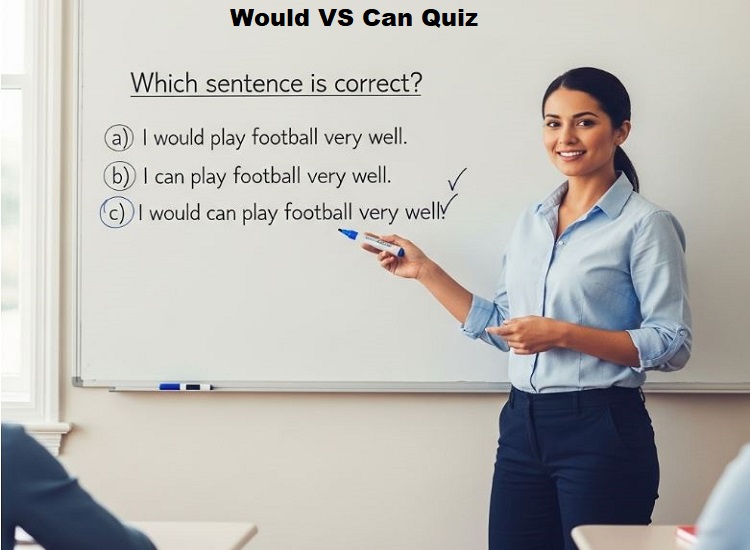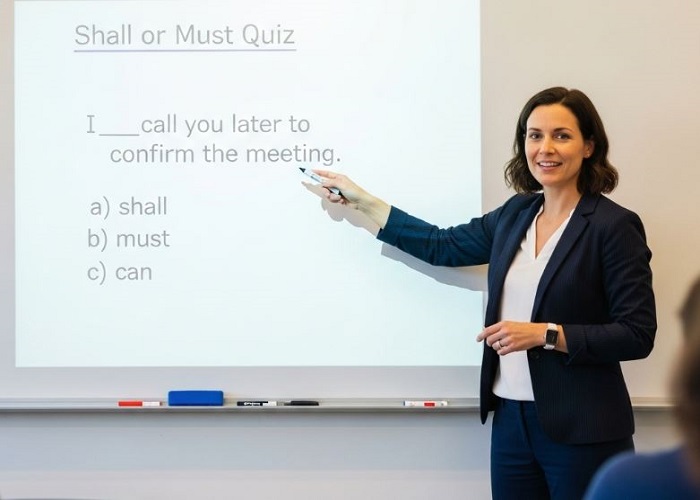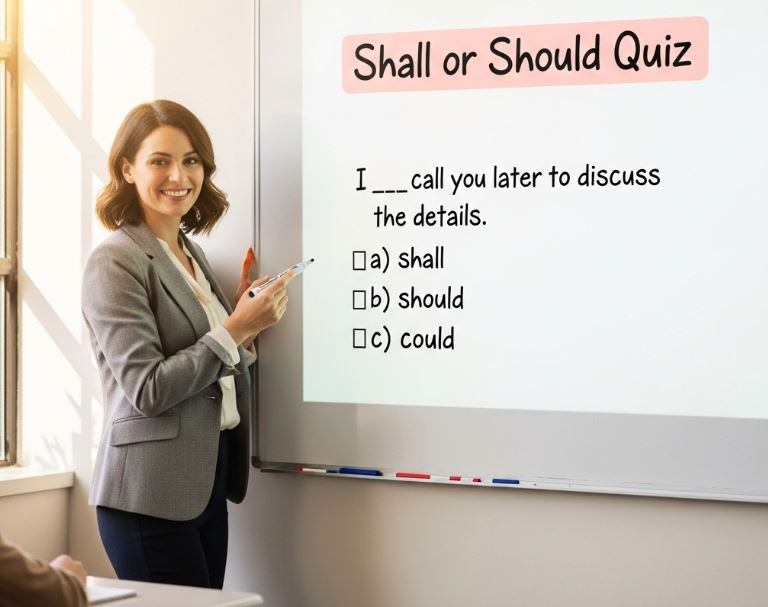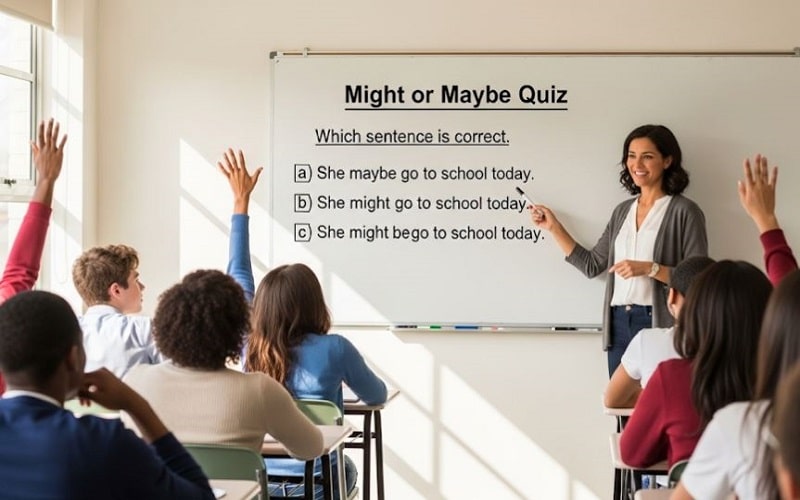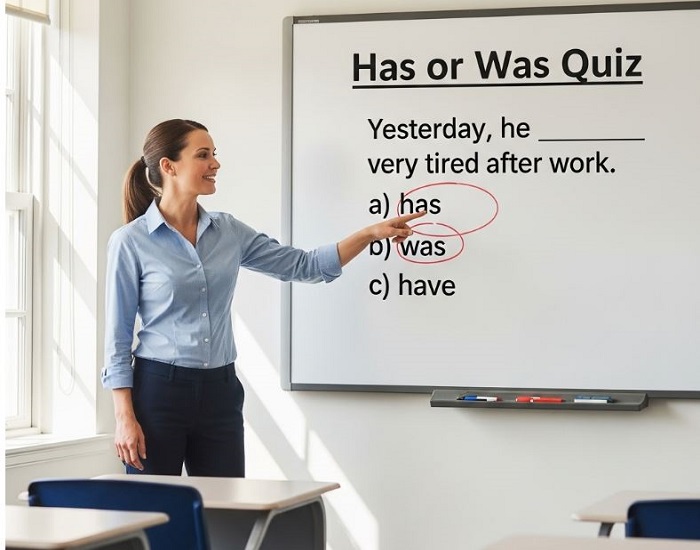Could or Would Quiz | Test Your Grammar Skills
English learners often struggle with the difference between “could” and “would.” These two modal verbs may look similar, but they are used in different situations. To help you understand and practice, we’ve created a fun “Could or Would Quiz” with simple examples, clear explanations, and multiple-choice questions. You’ll not only know the difference between “could” … Read more





